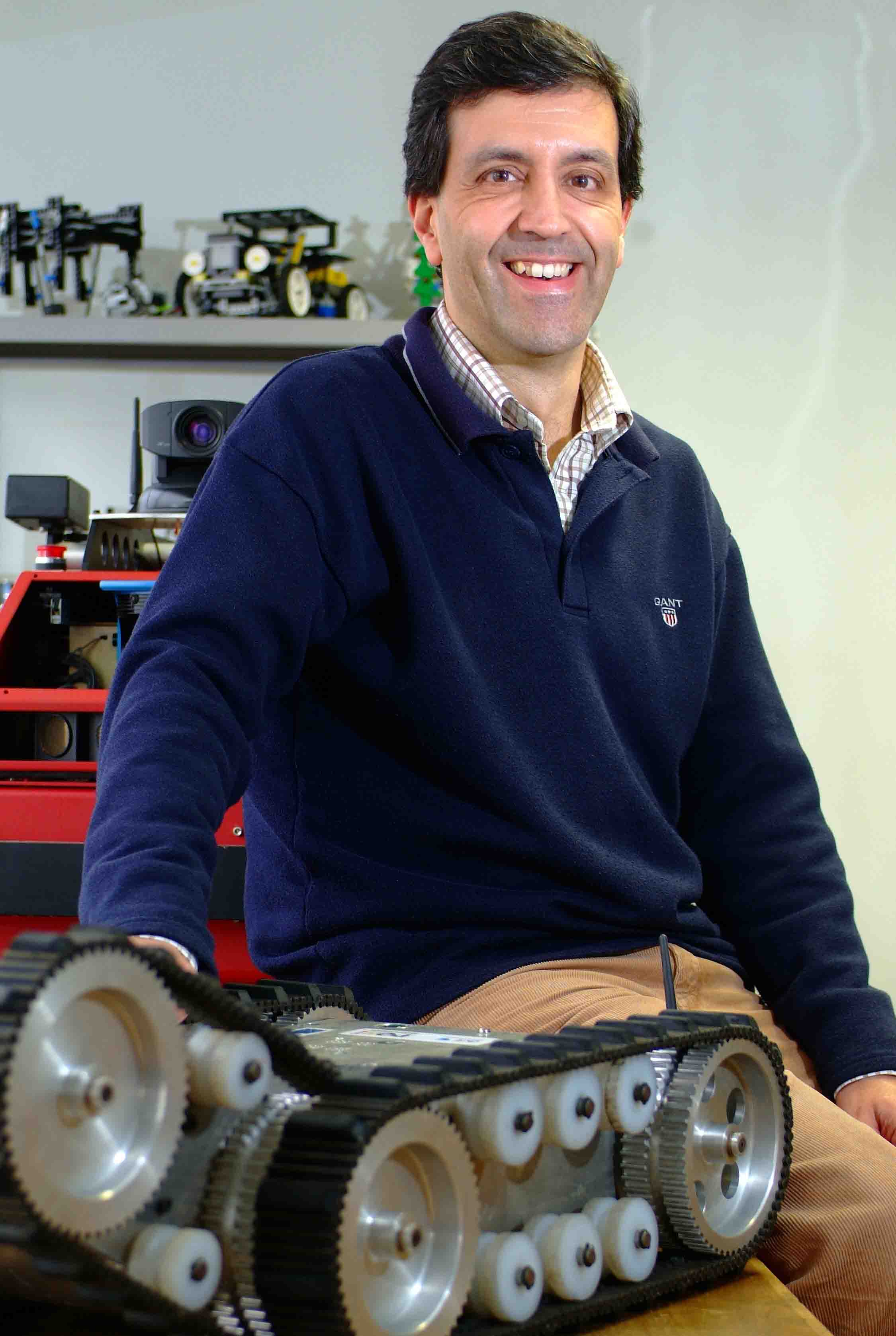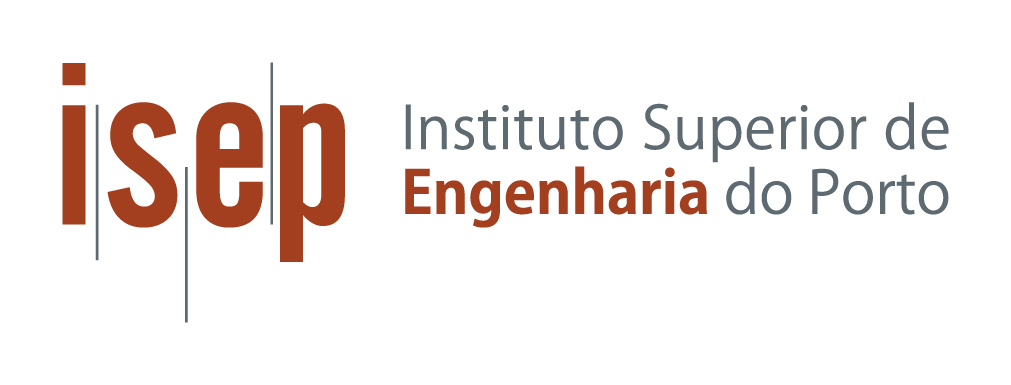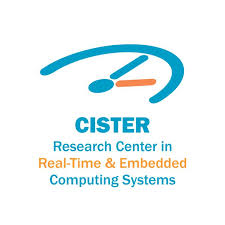Bruno Siciliano
Robotic Dynamic Manipulation
PRISMA Lab, Department of Electrical Engineering and Information Technology, University of Naples Federico II
https://wpage.unina.it/sicilian
Abstract: The state of the art of robotic manipulation is still rather far from the human dexterity in the execution of complex motions such as, for example, in dynamic manipulation tasks. Dynamic manipulation is considered as the most complex category of manipulation requiring ad-hoc controllers and specialized hardware. In case of non-prehensile manipulation or non-rigid objects, the task of dynamic manipulation becomes even more challenging. The RoDyMan project aims at the development of a service robot able to manipulate elastic and soft objects, as well as to manipulate both rigid and non-rigid objects in a non-prehensile way, with the ambitious goal of bridging the gap between robotic and human task execution capability. The talk describes: a method to track in real-time a 3D object undergoing large elastic deformations and fast rigid motions; a method to manipulate objects in a non-prehensile way according to primitives such as rolling, sliding, tossing/catching, batting/juggling. Some of the tasks are experimentally tested on a set-up of a pizza chef robot.
Bio: Professor Bruno Siciliano is Director of the Interdepartmental Center for Advances in RObotic Surgery (ICAROS), as well as Coordinator of the Laboratory of Robotics Projects for Industry, Services and Mechatronics (PRISMA Lab), at University of Naples Federico II. Fellow of the scientific societies IEEE, ASME, IFAC, he received numerous international prizes and awards, and he was President of the IEEE Robotics and Automation Society from 2008 to 2009. Since 2012 he is on the Board of Directors of the European Robotics Association. He has delivered more than 150 keynotes and has published more than 300 papers and 7 books. His book “Robotics” is among the most adopted academic texts worldwide, while his edited volume “Springer Handbook of Robotics” received the highest recognition for scientific publishing: 2008 PROSE Award for Excellence in Physical Sciences & Mathematics. His research team got 20 projects funded by the European Union for a total grant of 12 M€ in the last ten years, including an Advanced Grant from the European Research Council.
----------------------------------------------------------------------------------------------------
Pedro U. Lima
Robot Competitions Driving Robotics Research

Institute for Systems and Robotics, Instituto Superior Técnico, U. Lisbon, Portugal
https://users.isr.tecnico.ulisb
Abstract: A significant part of the research on Robotics that I have carried out with my collaborators at ISR/IST in the last 20 years has been driven by robot competitions. We started this passionate adventure in 1995 by participating in an annual French competition, with challenges such as robust track following, object detection and handling, as well as task coordination. But the real challenges started in 1997, when we decided to set up a robot soccer team and participate in RoboCup 2nd edition in Paris, 1998. Since then, learning from RoboCup best practices of scientific robot competitions, we have been participating in different robot competitions worldwide, as well as organizing them, in Portugal and the rest of Europe. Among them are the pioneer scientific robot competition projects funded by the European Commission (RoCKIn and the European Robotics League). I will overview all these competitions and their good practices, and will illustrate how they foster advanced robotics research, mostly based on competition-related scientific projects and research results of the different teams (in soccer, domestic and rescue robotics) I and other colleagues have supervised over the last 20 years.
Bio: Pedro U. Lima got his Licenciatura (5 year degree, 1984) and MSc (1989) in Electrical and Computer Engineering from Instituto Superior Técnico (IST), and the Ph.D. (1994) in Electrical Engineering at the Rensselaer Polytechnic Institute, Troy, NY, USA. He is a Professor at IST, Universidade de Lisboa, and a researcher of the Institute for Systems and Robotics, where he is the Deputy President for Scientific Affairs and the Coordinator of the Intelligent Robots and Systems group. He is the co-author of two books, and Associate Editor of the Elsevier’s Journal of Robotics and Autonomous Systems. His research interests lie in the areas of discrete event models of robot tasks and planning under uncertainty, with applications to networked robot systems and interaction with humans. Pedro U. Lima is a Trustee of the RoboCup Federation (2003-2012, 2016-), and was the General Chair of RoboCup2004, held in Lisbon. He was President and founding member of the Portuguese Robotics Society, was National Delegate to EU and ESA Space Robotics programs and was awarded a 6-month Chair of Excellence at the Universidad Carlos III de Madrid, Spain in 2010. He was also the Coordinator of the FP7 Coordination Action RoCKIn, and currently in charge of the Consumer Service Robot Competitions of the European Robotics League. He has also been very active in the promotion of Science and Technology to the society, through the organization of Robotics events in Portugal, including the Portuguese Robotics Open since 2001.
----------------------------------------------------------------------------------------------------
Gerhard K. Kraetzschmar
Developing Professional Robotic Service Applications
https://www.h-brs.de/en/inf/prof-dr-gerhard-k-kraetzschmar
Abstract: The talk argues that one of the barriers for wide market penetration of robotic applications is that we still lack a widely accepted development process for developing such applications. We will identify essential requirements for a professional development process and illustrate the differences in the ways robot applications are developed in academic research and in research labs. Furthermore, we identify challenges that need to be addressed and suggest possible solutions..
Bio: Gerhard K. Kraetzschmar is a professor for computer science and autonomous systems at the Bonn-Rhein-Sieg University of Applied Sciences. His research interests include a wide range of fields in robotics, artificial intelligence, artificial life, and neuroinformatics, with a special focus on software engineering for robotics, multiagent systems and multi-robot teams, robot learning. He is a member of AAAI, ACM, IEEE, and GI.





